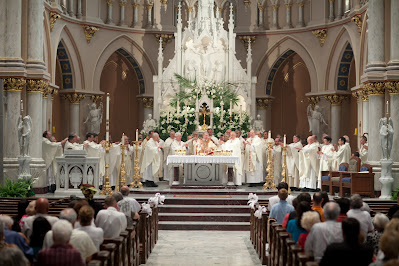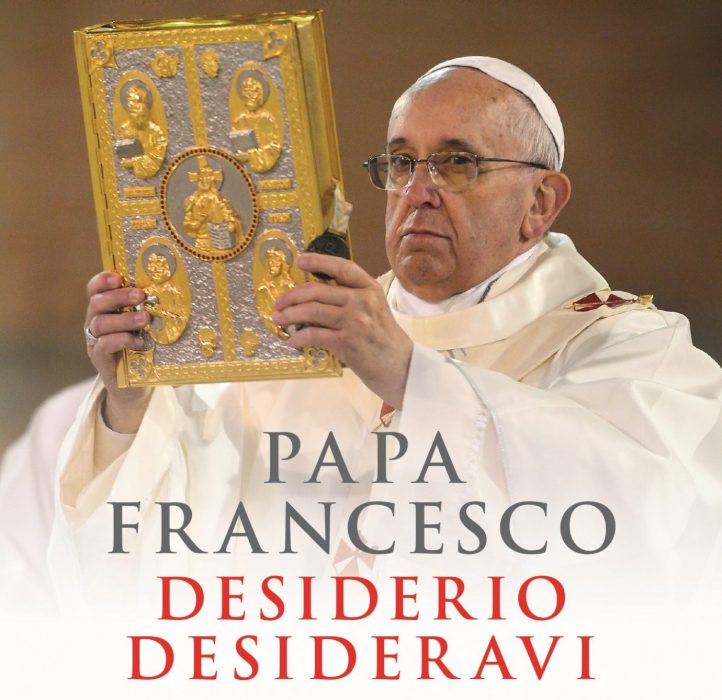In honor of Memorial Day, I wanted to present a poem which captured the ultimate sacrifice of our military, and this poem by Herman Melville was intriguing and fit the bill. Yes, this is the famous Herman Melville, author of the great—and to some—greatest American novel, Moby Dick. Melville, after early success with his romanticized sailing adventures—which were a comingling of biography and tall tale—turned to serious fiction, and though in retrospect he has been revised to be consider one of the great American novelists, in his day was met with both critical and financial rejection. It was not until almost thirty years after his death that he was reassessed to receive the stature he deserves.
After about a decade of writing novels, and being rejected, Melville turned to poetry. That too was met with critical and financial rejection. He is not as widely known as a poet, but some of his poetry is impressive. In some ways Melville’s poetry is the opposite of his prose. Melville’s prose is mellifluous, rhythmic, and at times reaches the heights of Shakespearean poetry. His poetry is noticeably the opposite: hard, minimalist, and bare. In the 1860s, with the country torn apart by the Civil War, Melville decided to visit some of the battlefields and capture something of the war in poetry. Battle-Pieces and Aspects of the War was the book that came out from it, a collection of 72 poems.
“Shiloh: A Requiem” is one such poem, capturing the something of the Battle of Shiloh. This was one Ulysses S. Grant’s first victories in April of 1862, prior to being the appointed Commanding General of the Union Army. What’s important in understanding the poem is that the battle centered on a church building in Shiloh, Tennessee, and had 24,000 casualties, a truly bloody affair. The Union won this battle but actually lost more men than the South.
First I am going to present the poem in the way it was published, devoid of stanzas. Then I am going to represent the poem separated into what I think are its natural divisions of five sections. I represent it this way because it seems easier to read and digest. Here is the published format.
Shiloh:
A Requiem
By Herman Melville (1819-1891)
Skimming lightly,
wheeling still,
The swallows fly low
Over the field in clouded
days,
The forest-field of Shiloh—
Over the field where
April rain
Solaced the parched ones
stretched in pain
through the pause of
night
That followed the Sunday
fight
Around the church of Shiloh—
The church so lone, the
log-built one,
That echoed to many a
parting groan
And
natural prayer
Of dying foemen mingled there—
Foemen at morn, but
friends at eve—
Fame or country least their care:
(What like a bullet can
undeceive!)
But now they lie low,
While over them the
swallows skim,
And all is hushed at Shiloh.
Here
is a YouTube video providing the details of the battle, and a reading of
Melville’s poem.
Now
here are the five sections as I see it.
I added some line numbers as well off to the right.
I
Skimming lightly,
wheeling still,
The swallows fly low
Over the field in clouded
days,
The forest-field of Shiloh— 4
II
Over the field where
April rain
Solaced the parched ones
stretched in pain
through the pause of
night
That followed the Sunday
fight
Around the church of Shiloh— 9
III
The church so lone, the
log-built one,
That echoed to many a
parting groan
And
natural prayer
Of dying foemen mingled there— 13
IV
Foemen at morn, but
friends at eve—
Fame or country least their care:
(What like a bullet can
undeceive!) 16
V
But now they lie low,
While over them the
swallows skim,
And all is hushed at Shiloh. 19
Let’s walk through the five sections. The first describes the scene well after the battle, perhaps when Melville himself got there, possibly after the war but certainly after the battle. Shiloh here refers to the field on which the battle took place, and the swallows flying about do not give any indication of the agony and turmoil that ensued. The swallows might symbolize nature’s reverence for the dead. The section ends with what will be the first of three refrains using the name of “Shiloh.” It should be noted that Shiloh, Tennessee was named after the Old Testament city of Shiloh, a religious center in the pre monarchial days. While the biblical city had nothing to do with the battle, Melville uses the religious association as a theme in the poem.
In section II, Melville takes us back to the night between the battle where the injured lay in agony. The battle took place on April 6th and 7th, a Sunday and Monday. So the April rain “solaced” the men who lay dying on Sunday night. From the Wikipedia entry on the battle, “It began raining at 10:00 pm, and at midnight the rain became a storm with thunder and lightning.” So implied in the poem is that the battle started on the Lord’s Day, and by night the dying were baptized with rain. The use of the word, “solace” is charged here. Who would actually be solaced by having to endure rain in the outdoors, except were it to have a religious connotation? The refrain now refers to the Church of Shiloh.
In Section III, Melville calls forth the church building, a simple, natural edifice built of logs. The church is characterized as single, even universal. It does not distinguish between the sides, neither being a church for the Union nor one for the Confederate. All suffering in agony pray there with their “groans.” Melville identifies it as a “natural prayer,” coordinating it with the natural edifice. There is no denomination identified or even specific theology. In the existential crises of painful death, man, undistinguished between Union and Confederate—“mingled” enemies—come to God.
In Section IV, we come to what I think is the intellectual core of the poem. In the face of death and God, enemies who had just fought to kill each other become “friends,” realizing the brotherhood of man. Whatever had inspired them to fight is now meaningless. These were just illusions, romanticized notions. The central theme is written as a parenthetical sentence, an apparent mere side note. But like the Fool in King Lear, the side note speaks with true depth. “What like a bullet can undeceive!” The bullet is the true reality. It not only has killed bodily, but it has killed whatever romantic notions you may have had about war.
The
final section returns to the present field, where the dead have been put to
rest, and to the poem’s beginning image of the swallows flying. But having taken us through the dying men at
the church, Melville now instills more meaning to the scene. There is silence, and the flying birds provide
a natural reverence to those who have died.
It recalls two sentences from Lincoln’s Gettysburg Address, though I don’t
know if Melville was conscious of it.
Here Lincoln is referring to another battlefield filled with dead
soldiers.
But, in a larger sense, we can not dedicate—we can not consecrate—we can not hallow—this ground. The brave men, living and dead, who struggled here, have consecrated it, far above our poor power to add or detract.
Melville with the swallows flying in the silence imputes a natural consecration to the battle field of Shiloh. So now that final refrain of Shiloh neither refers to the town or the church, but to the resting place of those who paid the ultimate sacrifice.
Eternal
rest in peace to those and all American soldiers fallen in our service.






